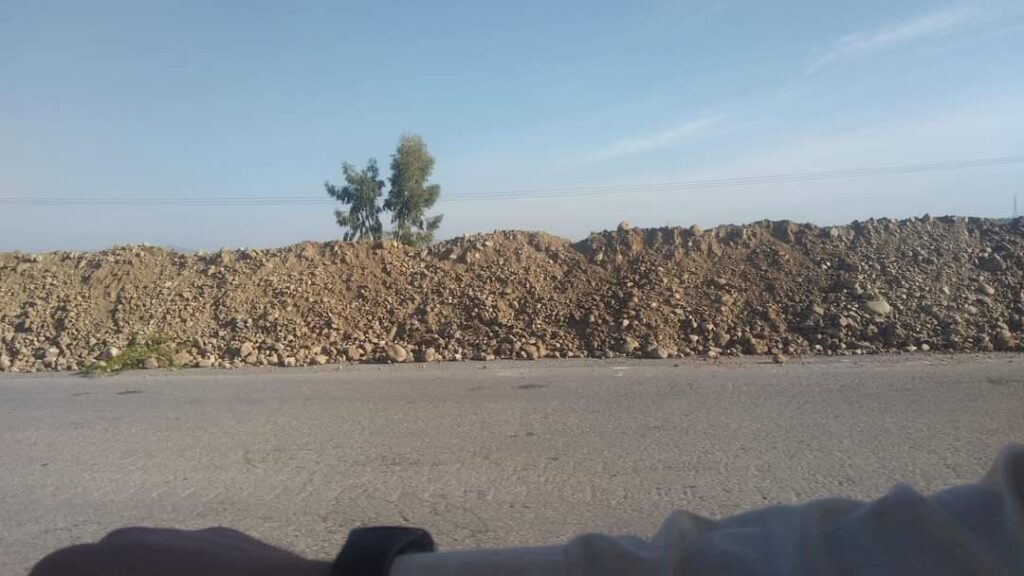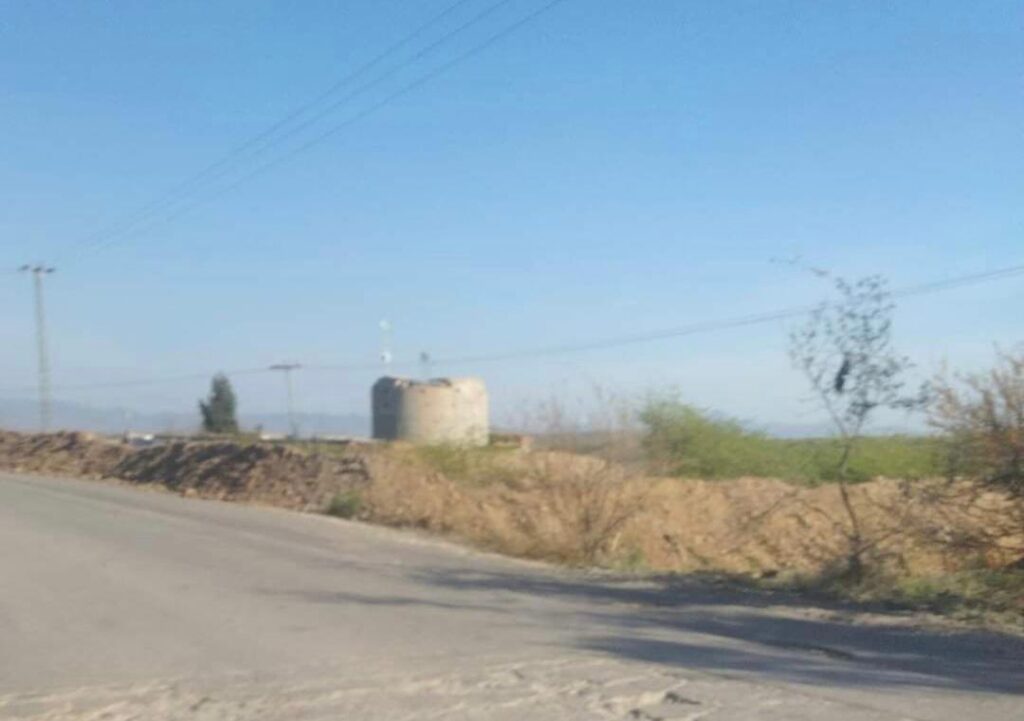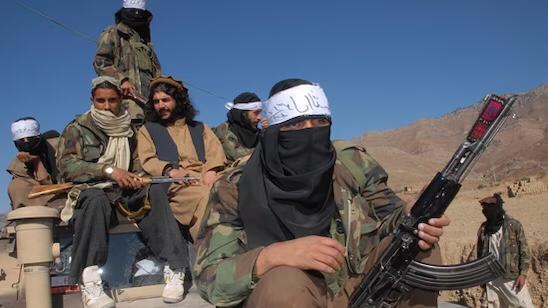Peshawar (Kubha News) – Amidst escalating security concerns, the Pakistani army has resorted to defensive measures, digging trenches around security posts across North Waziristan to fend off potential suicide attacks by Tehreek-e-Taliban Pakistan and other militant factions.
Recent images obtained by Kubha News reveal the presence of fortified pits in Ipi village near Mir Ali, aimed at thwarting car bomb attacks.

The region witnessed an incident on March 16, when a suicide bomber affiliated with the Jaish-e-Farsan Mohammad branch of the Hafiz Gul Bahadur group targeted a military post in Mir Ali with a car laden with explosives. Subsequent gunfire from attackers claimed the lives of at least seven Pakistani soldiers.

In response, the Pakistan Air Force conducted airstrikes on shelters housing displaced individuals from Waziristan in Khost and Paktika, resulting in the casualties of seven civilians and straining the nascent relations between the Taliban government and Pakistan’s new administration.
An anonymous credible source disclosed to Kubha News that “the North Waziristan Mujahideen Union Council, led by Hafiz Gul Bahadur, has orchestrated the establishment of Al-Nusra, a new combat entity tailored for spring operations in Waziristan.”
Furthermore, reports indicate impending spring offensives by Tehreek-e-Taliban Pakistan and the Mujahideen Union Council across Pakistan. Both groups appear to be consolidating their ranks and focusing on internal cohesion and structural reforms.
Earlier in March, TTP reintegrated dissident former Jamaat-ul-Ahrar leaders into its organizational framework, assigning them key roles. This move is expected to bolster the group’s presence beyond its traditional stronghold of Waziristan, extending into tribal areas, Peshawar, Swat, Dir, and other urban centers of Pakistan.
Despite the ruling Tehreek-e-Insaf Party’s reluctance to directly confront the Taliban, it remains susceptible to militant attacks amid strained relations with military and security establishments.
During the tenure of the nationalist Awami National Party (ANP) from 2008 to 2013, many of its leaders fell victim to deadly operations orchestrated by TTP. During this period, Pakistan’s military and security institutions, which enjoy significant political influence over Pakistani politics, were faced with increasing pressure from the United States to facilitate the restoration of democracy and support moderate political parties through transparent and fair elections.
The ANP was holding the Pakistani army and security agencies responsible for the deteriorating security situation in Khyber Pakhtunkhwa, accusing them of non-cooperation with the provincial government in establishing stability and security.
The current resurgence of threats posed by TTP and other militant outfits poses a formidable challenge for the Pakistan Army, compounded by economic constraints that limit large-scale military operations in tribal regions, exacerbated by the halt in generous US aid.
